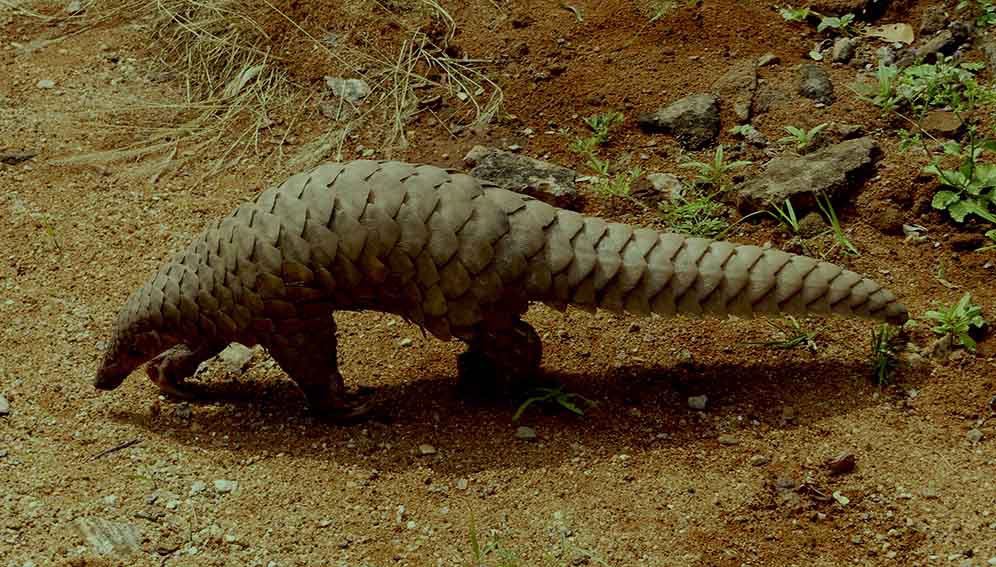(SciDev.Net) – All markets selling ‘high risk’ meat should be closed to stop future infectious disease outbreaks, a conservation organisation says.
In a report released last Wednesday, the World Wide Fund For Nature (WWF) said zoonotic diseases – those which jump from animals to humans – are emerging because of the trade and consumption of high-risk wildlife and deforestation for agriculture.
The source of SARS-CoV-2, the virus that causes COVID-19, is not yet known, but it is widely believed to be zoonotic. Coronaviruses can be found in bats and pangolins, for example.
WWF deems a market to be ‘high risk’ when it poses “a significant risk to human health due to the relatively high chance of infectious zoonotic diseases emerging from them”.
High-risk species that pose a particular zoonotic risk include rodents, bats and primates, WWF says.
“WWF is calling for the closure of all high-risk markets specifically, with a priority focus on those in high-density urban areas,” a spokesperson said.
“Any markets which have transport or people links to population centres can be high risk, particularly where there are high numbers of animals, domestic and wild, dead and alive, which are sold in close proximity and in potentially unhygienic conditions.”
WWF International director general Marco Lambertini says the world needs to end the high-risk trade of wildlife, halt deforestation and land conversion and manage food production sustainably to prevent the spread of animal pathogens to humans. This would in turn address other major global risks, such as biodiversity loss and climate change.
“There is no debate, and the science is clear; we must work with nature, not against it,” Lambertini says. “Unsustain-able exploitation of nature has become an enormous risk to us all.”
Source of protein
However, environmental scientists say bushmeat bans overlook the reality that millions of people globally rely on wild meat and fish as sole sources of protein, fat and micronutrients, particularly indigenous and rural communities.
Doreen Robinson, wildlife chief at the United Nations Environment Programme (UNEP) ecosystems division, says banning local markets could have significant negative and unintended consequences, particularly for poor and vulnerable populations.
Robinson agrees human activity is a major driver of the emergence and spread of zoonotic diseases, but says the best way to address this is through systemic approaches and policy responses grounded in proper understanding of the connections between human, animal and planetary health – an approach known as One Health.
UNEP and the International Livestock Research Institute will release their ‘Preventing the Next Pandemic’ assessment next month [July 2020]. It will recommend addressing knowledge gaps to break chains of transmission and tackle the drivers of disease.
Stopping the illegal trade in endangered wildlife species needs greater domestic, transboundary and international efforts, Robinson says.





